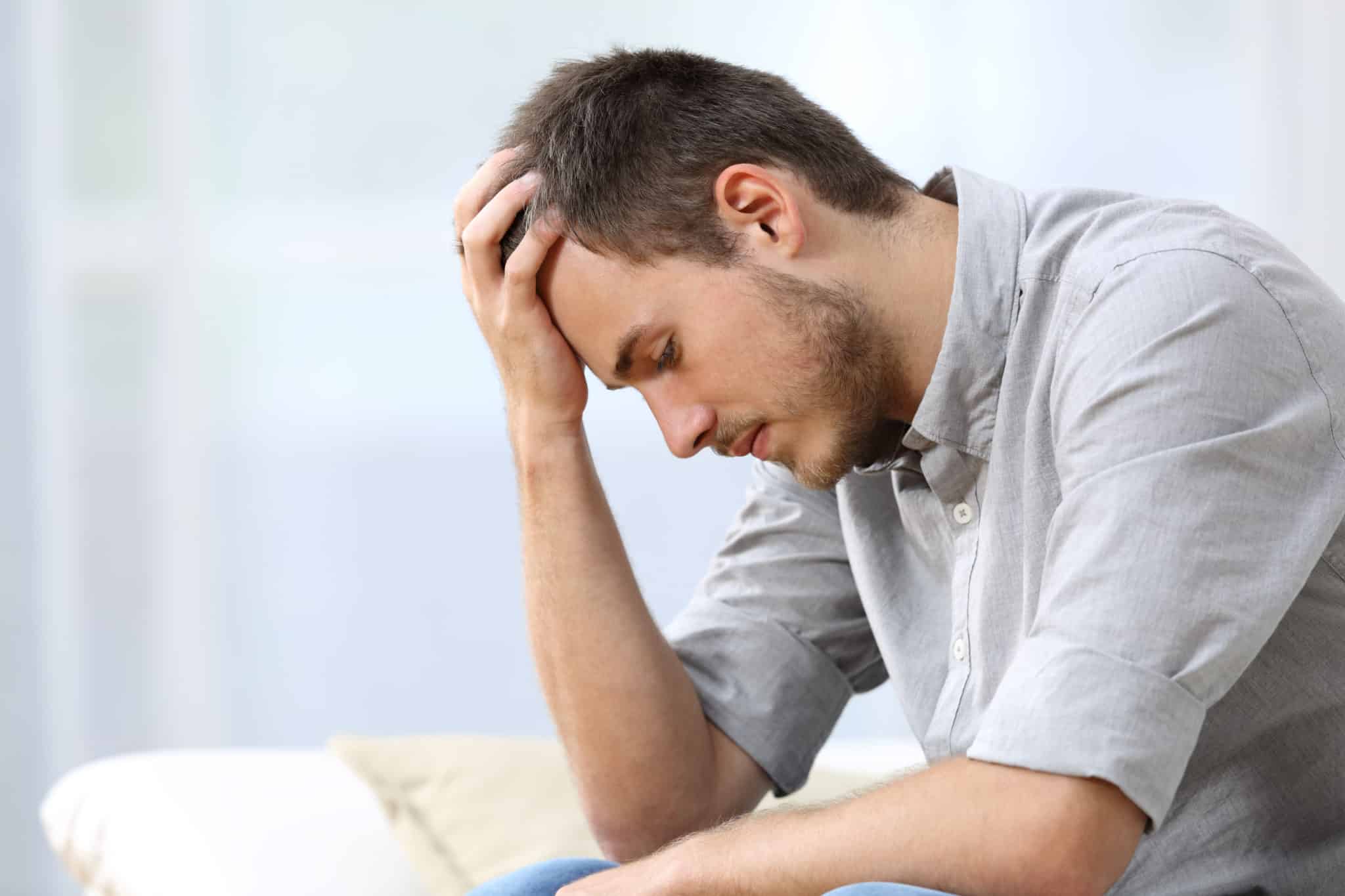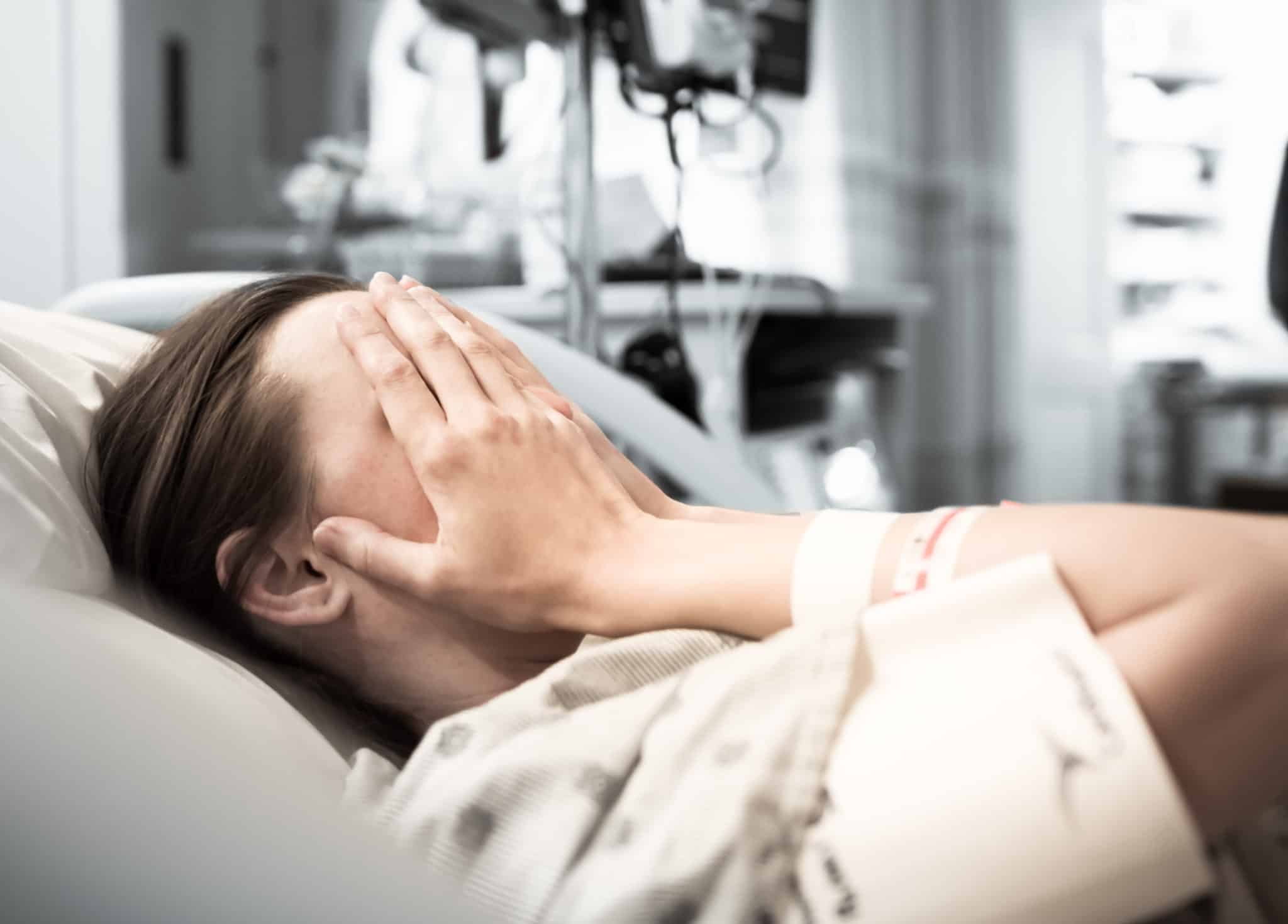Post-traumatic stress disorder, or PTSD, is a mental health disorder that is triggered by a dangerous or shocking event, including Georgia car accidents. PTSD is commonly associated with military veterans returning from war, but military members are not the only ones who can suffer from PTSD. Anyone can experience PTSD after a traumatic event.
About 8% of Americans suffer from PTSD at least once during their lives. Motor vehicle accidents are the most common cause of PTSD in the general population but any traumatic accident can cause PTSD. Those directly involved in the accident and those who witnessed the accident can develop PTSD.
If you or a loved one has experienced or witnessed an accident, you should be aware of the signs of PTSD and know what to do if they develop.
Signs of Post-Accident PTSD
It could be days, weeks, or even months after an accident before symptoms of PTSD become apparent. The following are some of the common signs and symptoms of PTSD following an accident:
- Unexpected or recurring flashbacks of the accident.
- No memory of certain parts of the accident.
- Nightmares or other sleeping difficulties.
- Difficulty concentrating.
- Avoidance of reminders of the event, for example, avoiding driving after a car accident.
- Avoidance of feelings related to the accident.
- Negative mood changes such as decreased interest in hobbies and leisure activities, as well as overly negative thoughts about self and others.
- Persistent feeling of being on edge.
- Emotional outbursts.
- Being easily startled, e.g., jumping when a loud noise is heard.
- Physical manifestations of stress such as hair loss, fragile nails, headaches, weight loss, and neck and should aches.
- Panic attacks.
- Physical of arousal such as higher heart rate, sweating, and shortness of breath when at rest.
- Substance abuse.
PTSD does not require all of these signs and symptoms to be present and can manifest in other ways as well. PTSD shows up differently in different people.
What to Do for Post-Accident PTSD
If you or a loved one are experiencing any signs of PTSD, you should seek medical treatment immediately. Contact a mental health professional directly or make an appointment with your primary care physician who can refer you to the appropriate mental health care professional. If immediate help is needed, call the 24/7 Georgia Crisis Hotline at (800) 715-4225. Whomever you reach out to, do it as soon as possible. PTSD is a very treatable disorder but can have devastating consequences if left untreated.
You should also tell your Georgia accident attorney if your PTSD symptoms are present or if there has been a PTSD diagnosis. The cost of PTSD care and treatment may be recoverable as part of damages in your personal injury case, but your attorney has to know about it to help you receive the compensation you are entitled too.
At Williams Elleby Howard & Easter, we understand that the mental suffering caused by traumatic accidents can continue long after the accident itself is over. Georgia law allows PTSD victims to recover for their pain and suffering and Williams Elleby Howard & Easter works hart to ensure that those impacted by accidents are fully compensated. If you or a loved one has been in an accident in Georgia, call (833) LEGALGA to schedule a free consultation with our team.


